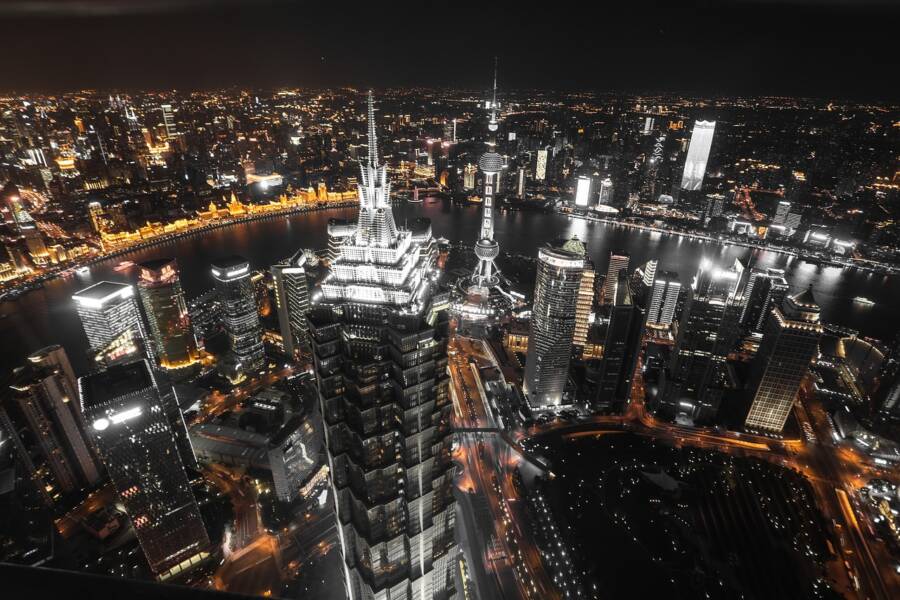Asia has turned out to be one of the tech-based continents on the planet since its development surged in different fields of science and technology. Government authorities are pushing technology experts forward to develop evolving smart cities and make the most of digital tools and world-class technologies. While there are many smart cities around the world, some have focused on technology, innovation, and creativity.

In the 21st century, the concept of a “smart city” has gained momentum across the globe. These cities leverage technology and data-driven solutions to enhance the quality of life for their residents, improve sustainability, and drive economic growth. Asia, with its diverse cultures and rapidly growing urban populations, is no exception to this trend. Here, we explore the ten smartest cities in Asia that are leading the way in adopting innovative strategies for a better future.
1. Singapore:
Singapore consistently ranks as one of the smartest cities in Asia. Known for its exceptional public transportation, efficient healthcare system, and advanced urban planning, the city-state is a model of innovation. Singapore utilizes a plethora of sensors and data analytics to enhance public services and sustainability.
2. Tokyo, Japan:
Tokyo, the capital of Japan, is renowned for its technological advancements. The city employs smart transportation systems, earthquake early-warning systems, and sophisticated energy management. Its commitment to safety and sustainability sets it apart as a smart city in Asia.
3. Seoul, South Korea:
Seoul combines cutting-edge technology with a commitment to improving the lives of its citizens. With a focus on reducing traffic congestion and air pollution, the city has implemented an extensive public transportation system, bike-sharing programs, and green spaces.
4. Hong Kong
Hong Kong is a bustling metropolis that incorporates smart solutions to manage its densely populated urban areas. The city uses smart infrastructure for waste management, public safety, and efficient public services, contributing to its status as a smart city in Asia.
5. Taipei, Taiwan:
Taipei has made significant strides in becoming a smart city. It leverages technology to improve traffic flow, energy conservation, and environmental sustainability. Innovative projects like the “iTaiwan” initiative provide free Wi-Fi access throughout the city.
6. Dubai, United Arab Emirates:
Dubai, though not a traditional Asian city, deserves a spot on this list due to its remarkable smart city efforts. Known for its awe-inspiring infrastructure, Dubai is implementing technologies like blockchain and AI to enhance government services, transportation, and public safety.
7. Shanghai, China:
Shanghai, one of China’s most populous and economically dynamic cities, is investing heavily in smart urban development. The city integrates big data, IoT, and AI to improve public transportation, healthcare, and environmental sustainability.
8. Bangalore, India:
Bangalore is often referred to as the “Silicon Valley of India.” The city is a hub for technology and innovation, hosting numerous IT companies. Its initiatives include intelligent traffic management, smart waste disposal, and sustainability projects.
9. Hongcheon, South Korea:
Hongcheon is a lesser-known smart city in Asia, but it’s making remarkable strides in sustainability. The city harnesses renewable energy sources, eco-friendly transportation, and smart agriculture to create a more eco-conscious and efficient urban environment.
10. Shenzhen, China:
Shenzhen has transformed from a fishing village to a global tech hub in record time. The city is known for its commitment to innovation and technology, hosting tech giants like Huawei and Tencent. Smart urban planning, advanced public transportation, and green initiatives define its approach.
Conclusion:
The concept of smart cities is a beacon of hope for the urban challenges faced by many countries in Asia. These ten cities are leading the way in embracing technology and data-driven solutions to create more efficient, sustainable, and livable urban environments. They serve as inspiration for other cities across the continent and the world, showing that the path to a smarter future is within reach through innovative thinking and strategic planning.
TechnologyHQ is a platform about business insights, tech, 4IR, digital transformation, AI, Blockchain, Cybersecurity, and social media for businesses.
We manage social media groups with more than 200,000 members with almost 100% engagement.









































